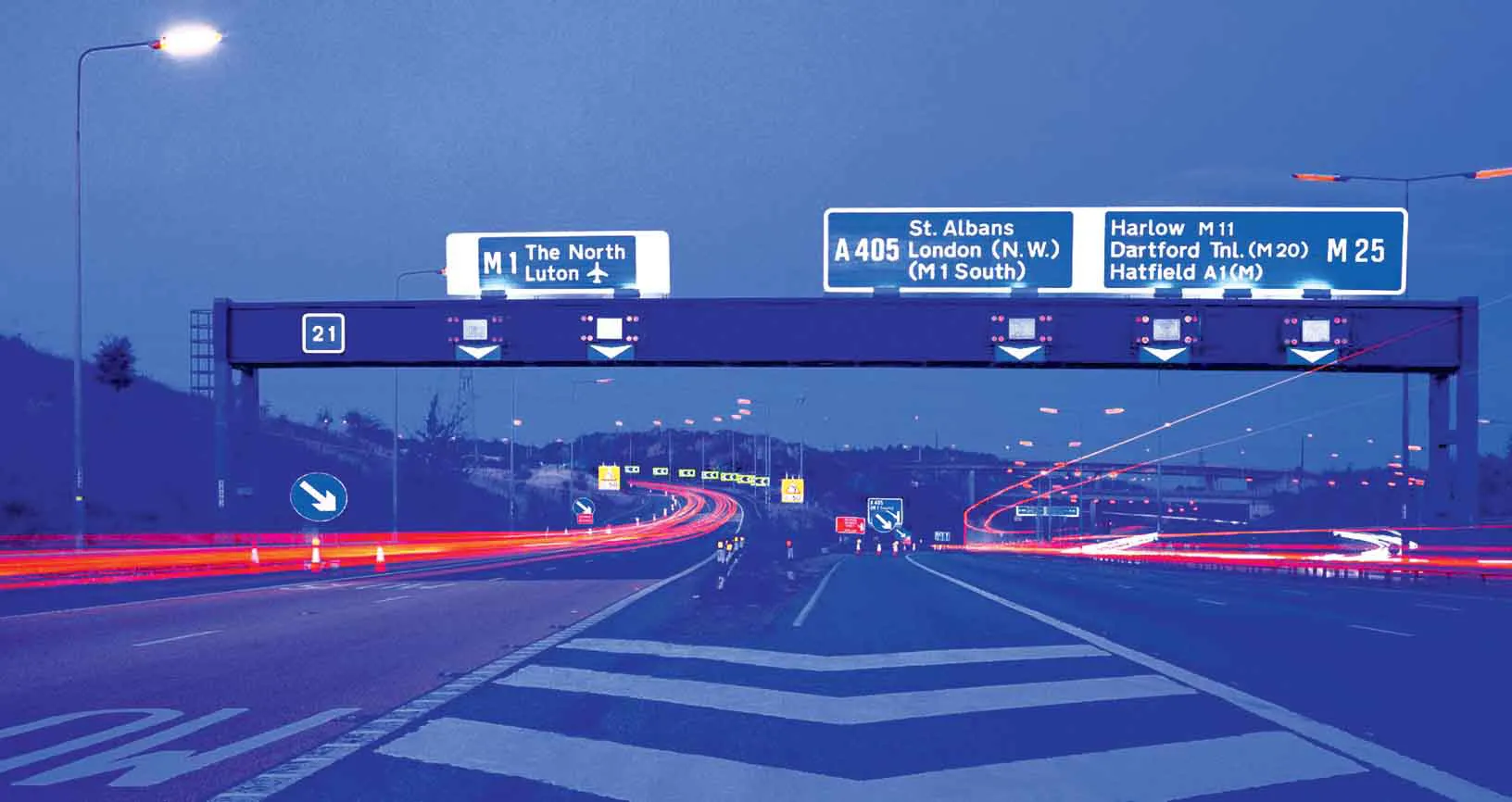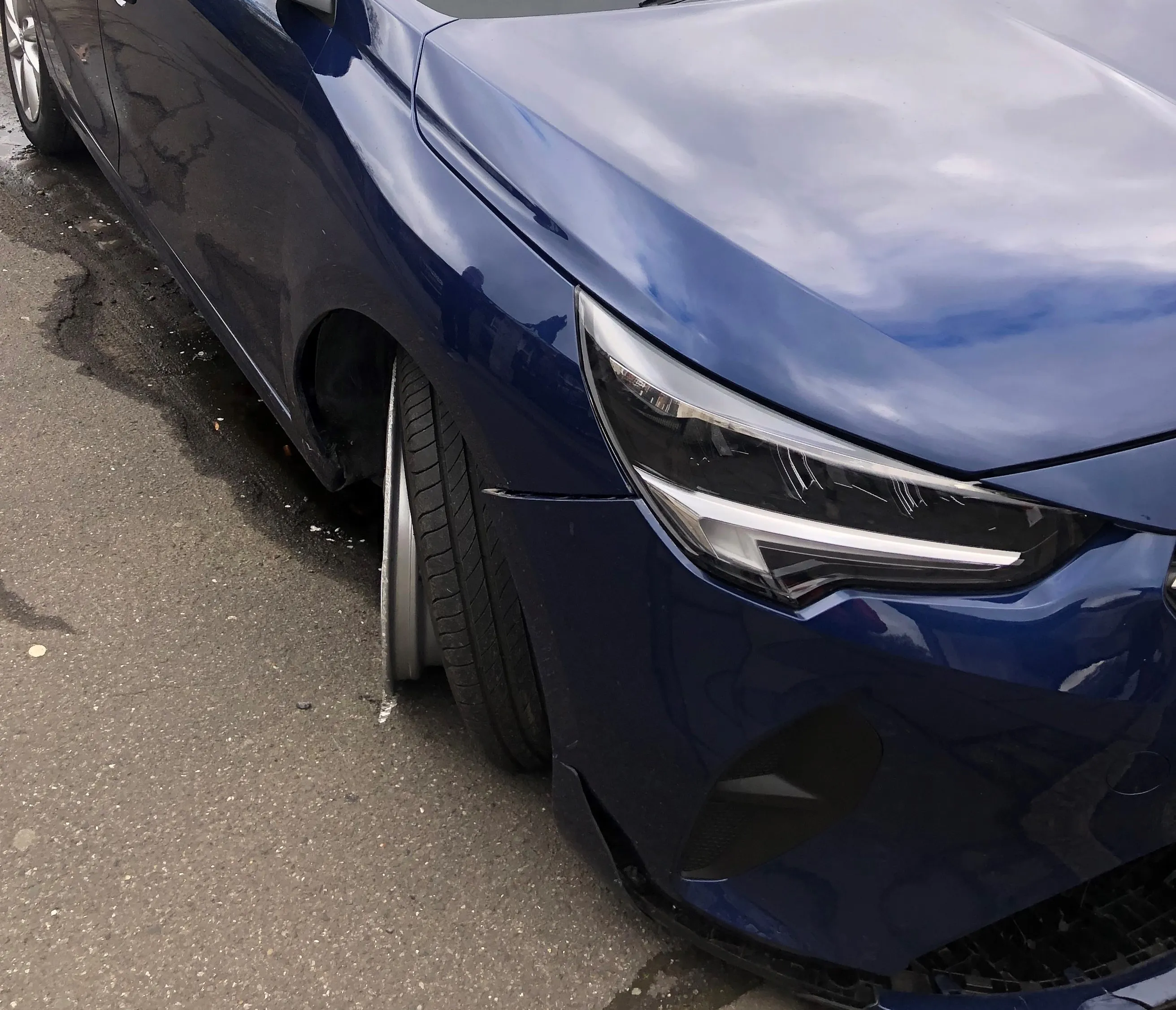Road safety in Kenya looks set to improve following the introduction of tough new traffic laws. The much tougher penalties now in effect include the maximum sentence of a life term for causing death instead of the previous 10 years. Meanwhile driving while under the influence of alcohol or drugs will result in fines of up to US$5,750 or a prison term of up to 10 years, or both. The fine for driving under the influence was previously just $172. The fines for speeding or driving on the pavement have been incr
December 3, 2012
Read time: 2 mins
Road safety in Kenya looks set to improve following the introduction of tough new traffic laws. The much tougher penalties now in effect include the maximum sentence of a life term for causing death instead of the previous 10 years. Meanwhile driving while under the influence of alcohol or drugs will result in fines of up to US$5,750 or a prison term of up to 10 years, or both. The fine for driving under the influence was previously just $172. The fines for speeding or driving on the pavement have been increased to $350 from the previous $35.
However Kenya’s public transport drivers were less than impressed and responded with a 48 hour strike. Public opinion is also said to be divided over whether these tough laws will be beneficial. There is some concern that the much higher fines and sentences will lead to greater bribery of police officers as offending drivers attempt to avoid charges. The new laws will likely result in more people being jailed as the fines are high compared with local salaries for most people. But there is also hope that the new laws will reduce the country’s fatal accident rate, which currently sees at least 3,000 reported fatal accidents/year and with around 50% of those being pedestrians.
However Kenya’s public transport drivers were less than impressed and responded with a 48 hour strike. Public opinion is also said to be divided over whether these tough laws will be beneficial. There is some concern that the much higher fines and sentences will lead to greater bribery of police officers as offending drivers attempt to avoid charges. The new laws will likely result in more people being jailed as the fines are high compared with local salaries for most people. But there is also hope that the new laws will reduce the country’s fatal accident rate, which currently sees at least 3,000 reported fatal accidents/year and with around 50% of those being pedestrians.







